When the Oscar-winning filmmaker Alfonso Cuarón announced that his next project would be a seven-part adaptation of Renée Knight’s novel Disclaimer, it was met with a mixture of excitement and surprise. Excitement, because anything that Cuarón involves himself with tends to be an event; surprise, because after a series of high-profile recent projects that have included everything from a near-experimental sci-fi blockbuster (Gravity) to a black-and-white Mexican drama he shot himself (Roma), it seemed almost mundane, rather as if Stanley Kubrick, at the peak of his success, had decided to make a movie out of a Harold Robbins potboiler.
This slight sense of bewilderment lasted up until Cuarón premiered Disclaimer at this year’s Venice Film Festival, and then a sense of disappointment took over. It was met with the weakest reviews he has received for anything since 1998’s underrated Great Expectations, and the not-so-concealed feeling was that he has wasted his considerable talent — and that of his collaborators, which include his regular cinematographer Emmanuel “Chivo” Lubezki and a starry cast including Oscar winners Cate Blanchett and Kevin Kline — on a piece of airport schlock. It has been condemned for being an arthouse version of thin and derivative material: another sex-and-revenge saga set among the intelligentsia of North London.
I’m only four episodes into Disclaimer — its broadcaster, Apple TV, likes to tantalize audiences by releasing one, at most two, episodes a week, rather than the binge-watching technique of Netflix — but I seem to have been watching a different show to its uncomprehending critics. They have criticized the limited series for being slow, poorly scripted, unbelievably plotted and histrionically acted. The show I’m watching, however, is an elegant, beautifully sad and daringly meta account of obsession, delusion and lies that comes on like Blanchett’s 2006 film Notes on a Scandal, but on steroids. It has all the addictive quality of a page-turning novel, with Cuarón’s usual genre-bending expertise. That it will end badly for its characters is a given, but I am left on the edge of my seat wondering how.
It may not help its cause among casual viewers that its structure makes unusual demands on its audience. It is set in three interlocking time periods. The first is Italy at the turn of the millennium, where Jonathan Brigstocke, a good-looking but naïve nineteen-year old, is on a gap year, seeing the sights and becoming the conquest — or the prey — of the slightly older Catherine Ravenscroft, a bored and privileged young mother who seduces Jonathan for her own amusement. The second period is the intervening decades, after Jonathan’s sudden death by drowning, as his parents Stephen and Nancy try and fail to come to terms with their loss, and the third is the present day, as Stephen wreaks revenge on Catherine, now a successful documentarian, via the means of that old standby, an incriminating document that he has turned into a vituperative work of autofiction: hence the title.
There is, as this synopsis suggests, a lot going on, but the major appeal is how Cuarón marshals his material. The casting is particularly acute; Blanchett and Kline are both playing English characters (she, as usual, is indistinguishable from a Brit, his accent is fruity mid-Atlantic thespian, but we’ll let it go) and this slight sense of dislocation is prevalent throughout, from Lubezki’s typically stellar cinematography, which moves between glacial stillness and frenetic hand-held intensity, to Finneas O’Connell’s Philip Glass-esque score, giving individual scenes an urgency and drive. I was even discomfited by the presence of the British comedian Michael Spicer in a minor role as Blanchett’s irritating colleague: will he, too, have some dark secret?
All shall be revealed and I cannot wait for it to pan out. But two more items of note. Sacha Baron Cohen has always struck me as a comic presence of variable appeal, peerless as Borat but increasingly grating in virtually everything else. Here, as Catherine’s apparently doting but actually vicious husband, he reveals a flair for straight acting that allows him to stand toe-to-toe with Blanchett and come off just as well. And, at the end of the third episode, Cuarón stages a seduction scene of such tense eroticism that it reminds the viewer that his 2001 classic Y tu mamá también is one of the few films of the past decades to deal with sexual urges in an adult fashion, and now, in Disclaimer, it finally finds a worthy sequel. Sex, death and wealthy people being vile to one another — what’s not to like?



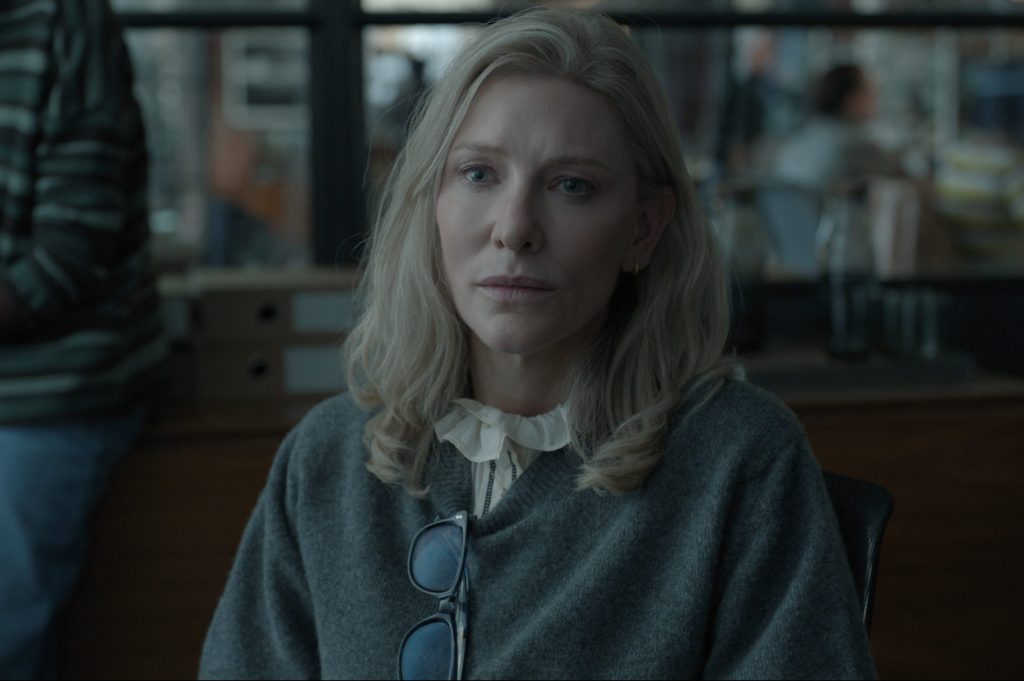


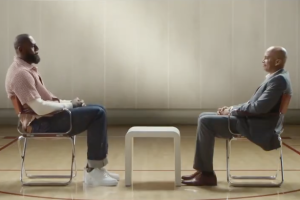
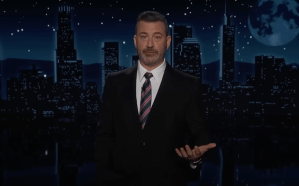

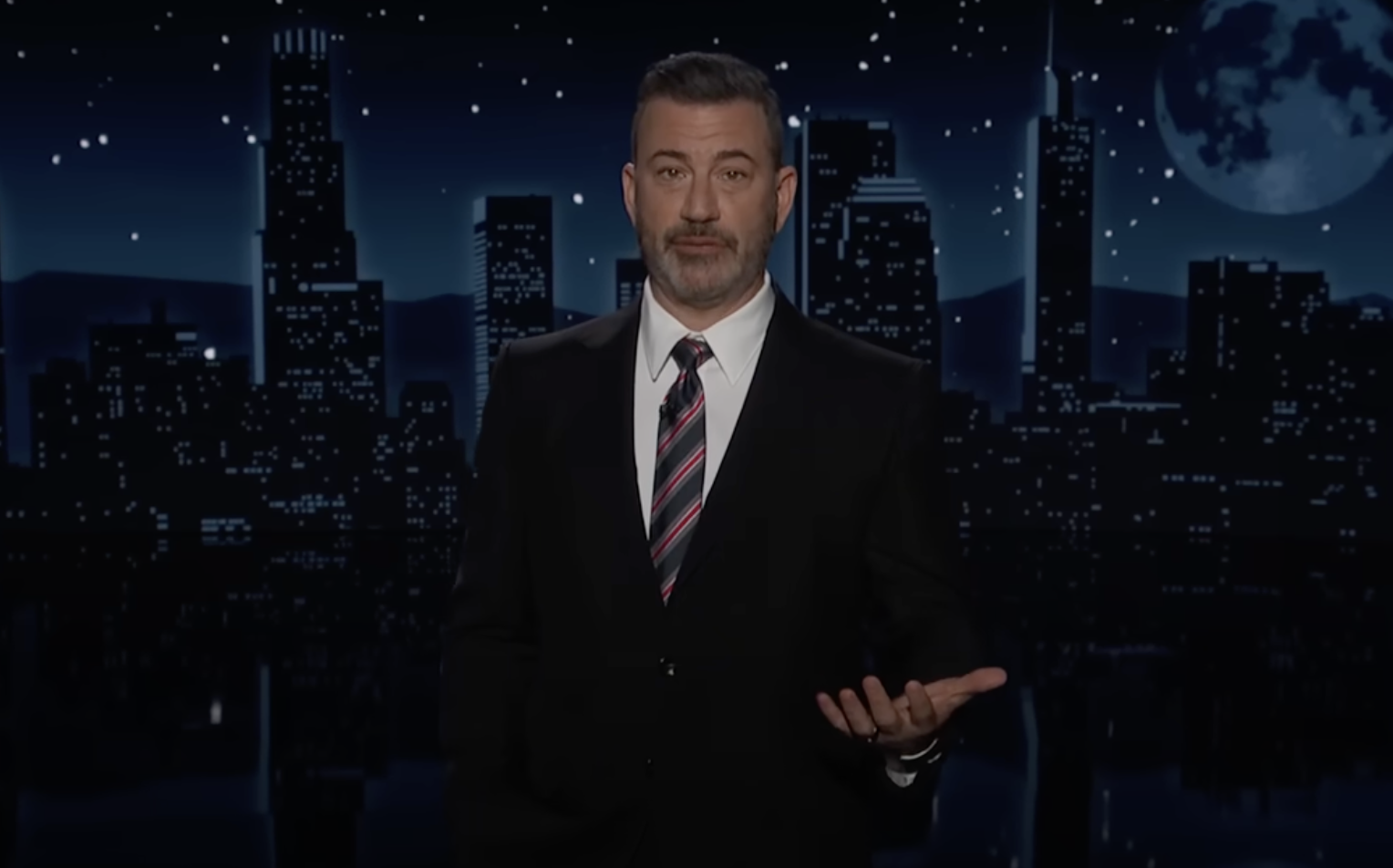
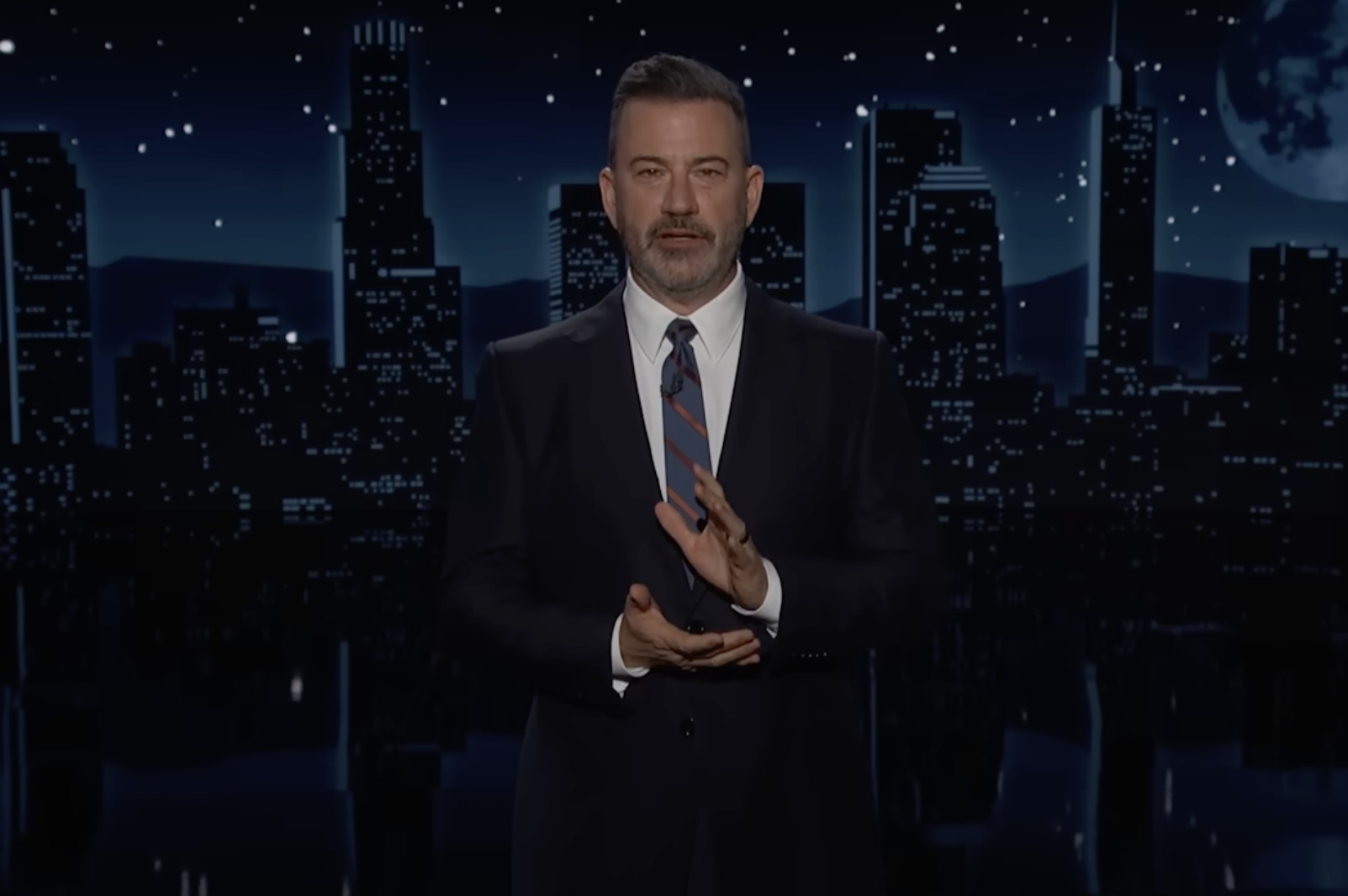











Leave a Reply